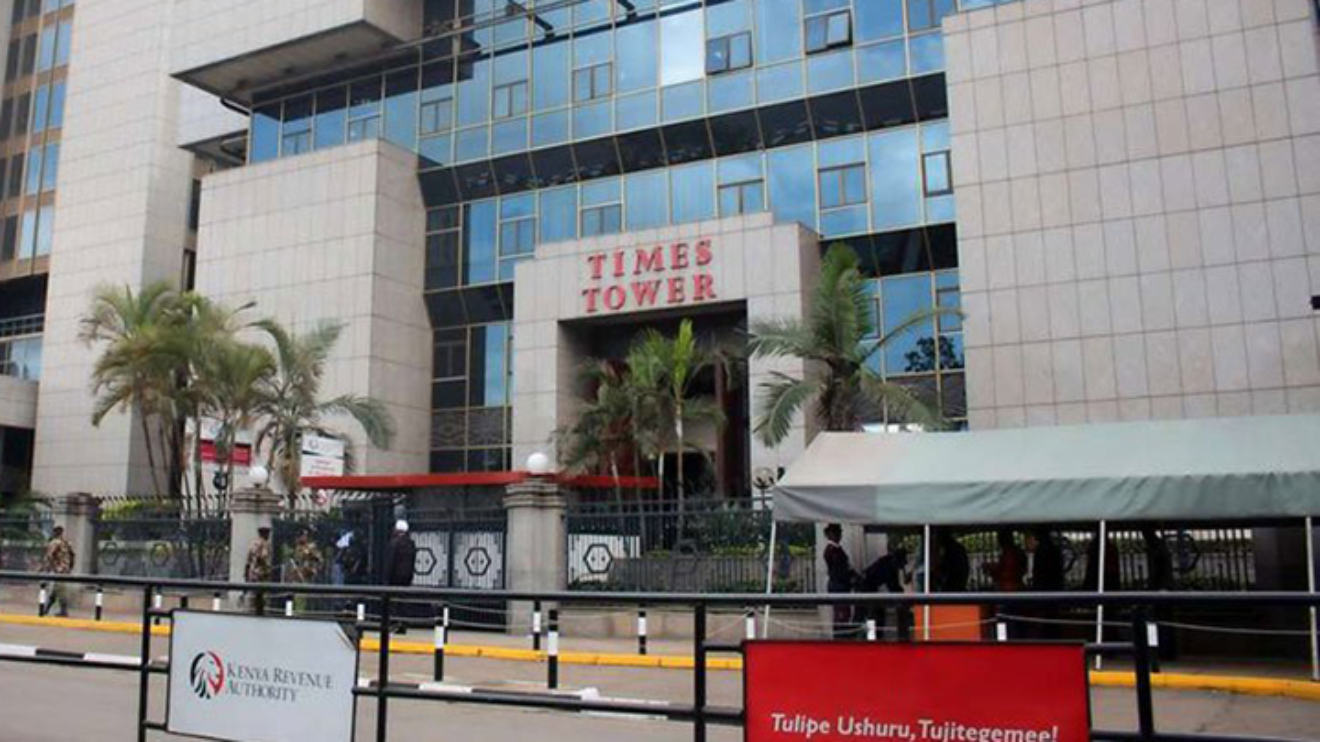In a decision with potential implications for similar cases, the Mombasa High Court has ruled that a company can challenge a tax claim by the Kenya Revenue Authority (KRA) directly in court, bypassing the Tax Appeals Tribunal.
The case involved Fazal Dharamshi Ltd., which faced a demand from KRA for Sh29.2 million in additional taxes.
The company argued that the demand, made years after the relevant goods were sold, infringed on its property rights and violated constitutional principles.
KRA sought to have the case dismissed, arguing it should first be heard by the Tax Appeals Tribunal, the designated forum for tax disputes.
However, Resident Judge Olga Sewe rejected this argument, stating, "I find no merit in the KRA's preliminary objection. The same is hereby dismissed."
Read More
Judge Sewe acknowledged the existence of an alternative dispute resolution process but emphasized Fazal Dharamshi Ltd.'s right to bring the matter before the court.
Crucially, the court recognized that some of the company's claims, particularly those concerning constitutional rights, could not be adequately addressed within the Tax Appeals Tribunal framework.
"I am satisfied that the petitioner was justified in bringing the instant petition, notwithstanding the existence of the alternative procedure provided for in the East African Community Customs Management Act (EACCMA)," stated Judge Sewe.
The Court's decision hinges on the nature of Fazal Dharamshi Ltd.'s complaint.
By raising concerns about property rights and constitutional breaches, the company presented issues deemed beyond the scope of the Tax Appeals Tribunal's expertise.
Judge Sewe further elaborated, "Those are not issues that would be amenable to resolution in the alternative forum provided for under EACCMA."
This ruling sets a precedent for companies facing tax claims that potentially infringe on their constitutional rights.
The decision allows them to seek judicial review directly in the High Court, potentially bypassing the Tax Appeals Tribunal in specific circumstances.
The full legal ramifications of this case will likely become clearer as it progresses through the court system.









